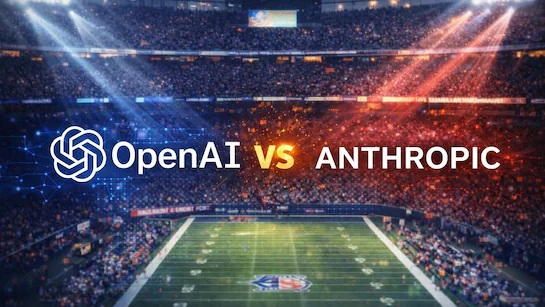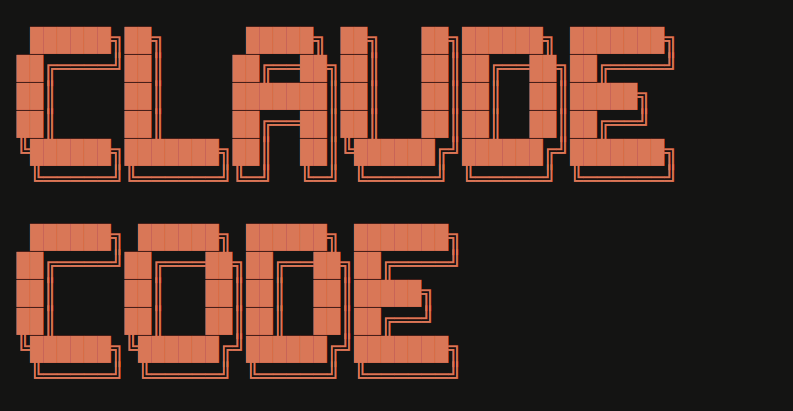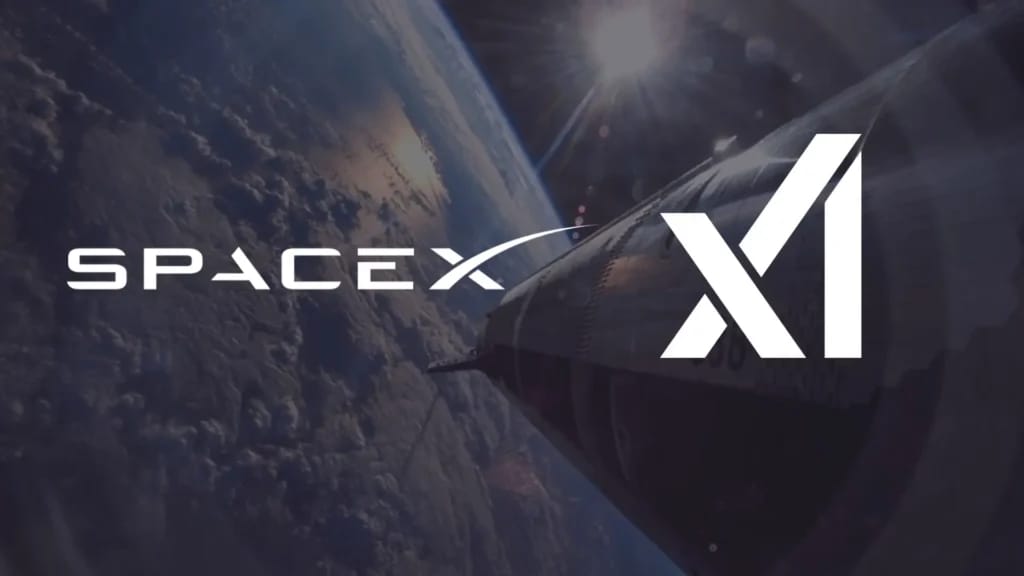Can AI browsers challenge Google Chrome’s dominance… and what could it mean for private markets?

A new interface era, or just hype?
AI-native browsers have landed. They’re faster, smarter, and built to do more than just fetch links. With integrated agents and large language model (LLM)-powered search, these browsers aren’t just updating the web interface—they’re rerouting how users find, engage with, and act on information.
At the center of that disruption is Google Chrome, which has become the dominant way people access the internet since launching in 2008. As of June 2025, Chrome holds a 68% global market share among browsers according to StatCounter, acting not just as a browser, but as Google Search’s main entry point.
With over 90% of global search traffic still running through Google Search according to Statista. Chrome is more than a product, it’s the control layer for Google’s $150+ billion advertising empire.
But that’s exactly what AI browsers like Perplexity’s Comet and the upcoming OpenAI browser are starting to challenge.
What’s actually new about AI browsers?
If Chrome helps you search, AI browsers aim to help you do.
- Builtin Comet Assistant handles page reading and incontext actions.
- Already automates common tasks like form filling, research briefs, and bookings.
- Routes queries through Perplexity’s own LLM search, so results often appear without touching Google.
- Planned Operator agents will run multistep tasks directly in the tab.
- Autonomous workflows are still in development but aim for similar form fill and scheduling features.
- Will blend ChatGPT context with realtime web data instead of defaulting to Google Search.
- Emerging AI-native browser focused on developer workflows.
- Open-source and privacy-centric, with built-in copilots and agentic UI layers.
- Gaining traction among early tech adopters and productivity users.
Google Chrome
- Gemini side panel summarizes pages but stops short of executing tasks.
- Autofill handles basic forms, but deeper automation requires extensions.
- Keeps users inside the Google ecosystem, relying on Search for most queries.
The key shift: AI browsers return answers and actions in-place. By keeping users inside the interface and away from third-party links, they cut straight through the engine powering the internet’s most profitable business.
Why that threatens Google Search
Google’s search engine thrives on a simple loop:
Query → Ad impressions → Clicks → Revenue.
Chrome feeds the queries. Google Search monetizes them.
If users shift to AI agents that:
- Summarize pages instead of clicking through
- Perform tasks automatically (e.g., book flights, answer emails)
- Avoid traditional search altogether in favor of conversational prompts
…then Google’s core ad revenue stream may take a hit.
Perplexity already fields over 780 million monthly queries via its own engine, according to an article published on TechCrunch. OpenAI, meanwhile, has over 500 million weekly ChatGPT users according to The Verge. If even a fraction adopt their upcoming browser, those users may never see a Google ad again.
What this means for private market investors
This isn’t just a UI shift, it’s a private market story.
Perplexity, recently valued at ~$18 billion according to Bloomberg, is building a vertically integrated search and browser experience. Its goal is clear: monetize through high-end subscriptions ($20–$200/month) and pursue original equipment manufacturer (OEM) deals to have Comet pre-installed on new devices from Apple and Samsung.
OpenAI, now valued at ~$300B billion according to Augment’s Power 20 rankings, is positioned to layer a browser on top of its already-massive user base. That could create a seamless monetization funnel through ChatGPT Plus, application programming interface (API) usage, and enterprise licensing.
These shifts matter for secondary investors:
- Potential category leaders. Perplexity and OpenAI are attempting to build a moat around agentic browsing, with brand, user base, and product control.
- Liquidity potential. With IPO timelines still cloudy, secondary trading and structured tenders may remain the primary way to get exposure.
- Underwriting signals. Browser adoption metrics, agent usage stats, and mobile partnerships will serve as benchmarks for how much value each company can realistically capture from traditional search engines.
The business model shift
Here’s how the browser economics differ:
Google Chrome makes money through ads served via Google Search, which CNBC reported generating over $150 billion annually. The more you search, the more ads you see, and the more revenue Google earns.
AI browsers encourage you to stay inside the browser, ask a question, and get a direct answer, no ads or outbound clicks required.
That’s a fundamental shift in monetization, and it’s why even a small loss in browser or search market share could have an outsized financial impact on Google.
Can AI browsers break through?
Even with the buzz, AI browsers face real challenges:
- Performance: AI models introduce latency. Loading a page plus generating a summary is slower than just loading the page.
- Privacy: Letting an AI agent parse everything you browse raises concerns, especially in corporate settings.
- Subscription fatigue: Chrome is free. AI browsers like Comet can cost up to $200/mo. That’s a high bar for mainstream users.
- Inertia: People don’t switch browsers easily. Most just stick with whatever came pre-installed.
Meanwhile, Google can adapt. Gemini features are already built into Chrome, and deeper integrations could help defend its territory.
Regulatory X-Factor: Could Chrome lose its default status?
Google’s monopoly over both browsers and search is under scrutiny. The U.S. Department of Justice has an active antitrust case against Google, alleging anti-competitive practices around default search deals on Android and Chrome.
If regulators force changes, like breaking up Chrome or banning default search deals, it may level the playing field for AI browser competitors overnight.
But enforcement takes time.
Bottom line: Google’s moat is deep, but not unbreakable
AI browsers are not just another Chrome challenger. They reroute user intent, threaten an ad ecosystem, and, crucially for private-market investors, create a new cohort of high-valued, thin-float companies poised to potentially thrive in the secondary market.
Perplexity, OpenAI, and newer entrants like Dia may not win the average user yet. But among developers, researchers, and power users, they’re already gaining traction. If OEMs pre-install these browsers, or if enterprises embrace AI-native interfaces, the ripple effects could go well beyond market share.
Google still controls the gateway. But AI browsers are beginning to reshape what users expect from that gateway, and who gets paid when they walk through it.
Want exposure to the future of browsing? You may not need to wait for these companies to go public. Augment helps accredited investors access secondary shares in leading private companies, before they IPO.
*Securities transactions are executed on Augment Capital, LLC's ATS and offered through Augment Capital, LLC (member FINRA/SIPC)
Important Disclosures: Investing in private securities involves substantial risk, including the potential loss of principal. Private securities are typically illiquid, have limited pricing transparency, and often require longer holding periods. These investments are available exclusively to qualified accredited investors and offer no guarantee of returns. Projections and forward-looking statements in this content are based on current market conditions and assumptions. Actual results may vary significantly and past performance does not indicate future outcomes. Views are those of the author. Additionally, past performance of private securities does not indicate or predict future results.
FOR ACCREDITED INVESTORS ONLY: Under federal securities laws, private market investments on this platform are available exclusively to Accredited Investors. Verification of status required before investing. Private investments involve significant risks including illiquidity, potential loss of principal, and limited disclosure requirements. "Augment" refers to Augment Markets, Inc. and its affiliates. Augment Markets, Inc. is a technology company offering software and data services. Investment advisory services are offered through Augment Advisors, LLC, an SEC-registered investment adviser. Brokerage services are offered through Augment Capital, LLC, an affiliated broker-dealer and member FINRA/SIPC. Registration with the SEC does not imply a certain level of skill or training. Neither Augment Advisors, LLC nor Augment Capital, LLC provide legal or tax advice; consult your attorney or tax professional regarding your specific situation. For additional information, please refer to Augment Advisors, LLC’s Form ADV Part 2A (Firm Brochure) and FINRA BrokerCheck.









